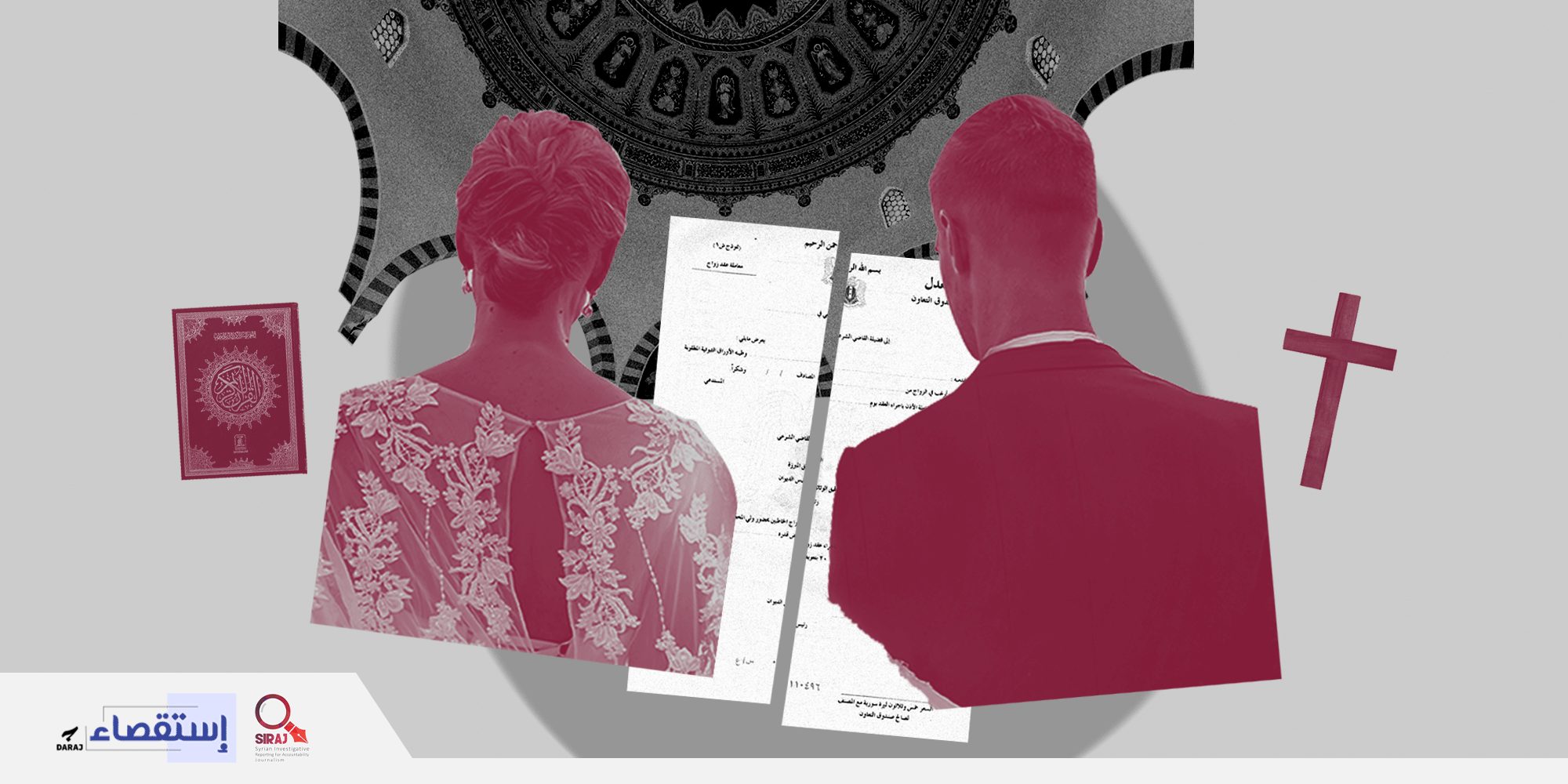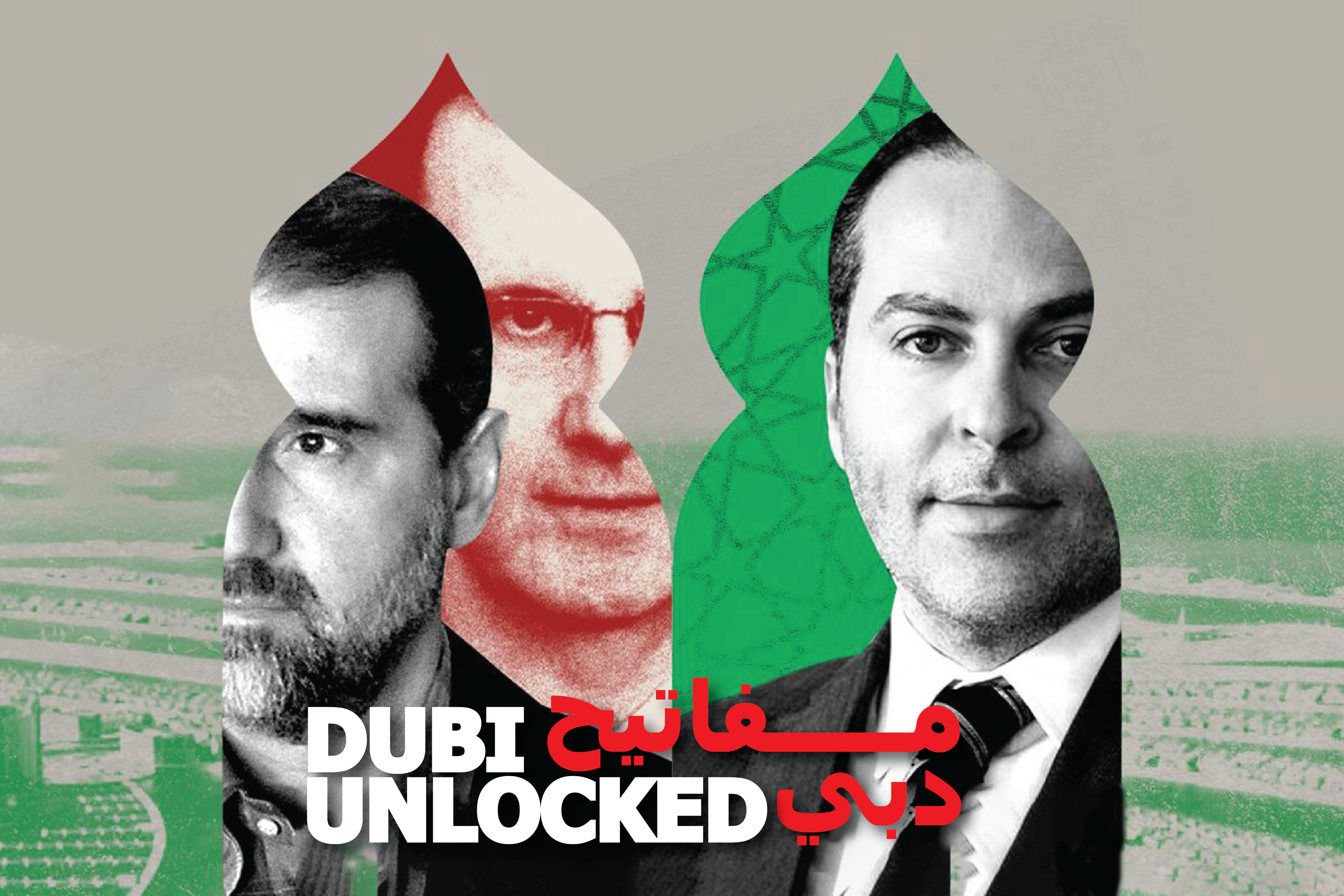Samer is a Christian man who married a Muslim woman in the village of Masyaf, after a love story that lasted around seven years. In 2011, he tried to find legal loopholes in the Civil Law, so that he could register his child Murad. Their marriage was approved by the two families without any serious objections, despite their different religions, with everybody attending the ceremony in the Monastery of St. George’s church, in Awja al-Jabb area in Aleppo.
Samer was fully aware that the registration of his marriage in the Syrian civil courts and official circles, would require him to convert to Islam. “My wife and I decided not to,” said the young man.
The couple resorted to establishing their baby’s lineage according to Christianity in the husband’s civil registry, thus, obtaining a national identification number.
Although Samer managed to solve his son’s lineage establishment problem, he and his wife are still single according to the state’s records and their official papers, which means that his wife is deprived of her rights (dowry, alimony, and a place of residence) in the event of any discord that happens between them. Worse still, is that each of them could marry someone else since their marriage remains unregistered in official circles.
In Syria, whoever wishes to marry a Muslim woman, a Christian man or that of any other religion, will encounter two choices; First, to renounce his religion, in the event of which his family may shun him and deprive him of his inheritance, as was the case of the church which abandoned some of those who apparently proclaimed their conversion to Islam before the court. The other choice would be not to convert to Islam, but his marriage will remain unregistered in official courts, which leaves the children of unknown lineage and deprives women of their rights.
According to Article 28 of the Civil Status Act 26/2007, “The Syrian Law considers the child born in a marriage of a Muslim woman to a Christian man, a child born out of wedlock.”
Moreover, Article 28 stipulates that the civil registrar shall not mention the name of the father or the mother, or both, concerning registering an illegitimate child, unless otherwise provided by the concerned person in writing.
Muhammad Samer Moayad (a lawyer specialized in Personal Status) told reporters that according to the Personal Status Act No. 59/1953, the marriage of a Muslim woman to a Christian man shall be deemed null and void, and “The ruling of nullity and adultery is the same.”
Activists and legal experts are demanding the enforcement of civil marriage and the strengthening of secularism of the state in the constitution by separating religion from the state, in an endeavor to change this law that they deem unjust. They believe that forcing a Christian who married a Muslim woman to proclaim his conversion to Islam contradicts the constitution that guarantees freedom of belief, while a Muslim woman is not entitled to proclaim her conversion to Christianity in the same way.
“The marriage of a Muslim woman to a Christian is not officially registered unless he converts to Islam, which is against the constitution. Where is the equality when a Christian woman is allowed to marry a Muslim, but a Muslim woman is not entitled to marry a Christian?” asks Antoun Musleh, the head of Court Spiritual of Damascus and the southern region.
The matter is getting more complicated socially, as this marriage, in case it does happen, is often rejected by the newlyweds’ families and close friends, even if the Christian husband converted to Islam, or his Muslim wife was baptized in the church. Indeed, it is not the same case as it differs from one city to another, and even within the same family.
According to the statistics of the Sharia court in Damascus that were reviewed by the reporters, hundreds of Christians converted from their religion to Islam between 2009 and 2018.
The total number of people who changed their religion or sects in Syria, during a period of ten years, is estimated to be 2102 people.
In this investigation, and during the tenure of more than a year and a half, our team has interviewed 15 Syrian nationals of different religions, and they suffered the dire consequences of civil marriage and from the ruling against the marriage of a Muslim woman to a Christian.
The cases spread between Damascus, Aleppo, Tartous, and the villages of Reef Hama, such as Masyaf, Homs Governorate, and its countryside, and Tartus Governorate and its countryside such as Safita, in addition to Latakia and its countryside.
We have also documented online marriages of couples who nnow live in Sweden and Brazil, with the same problems.
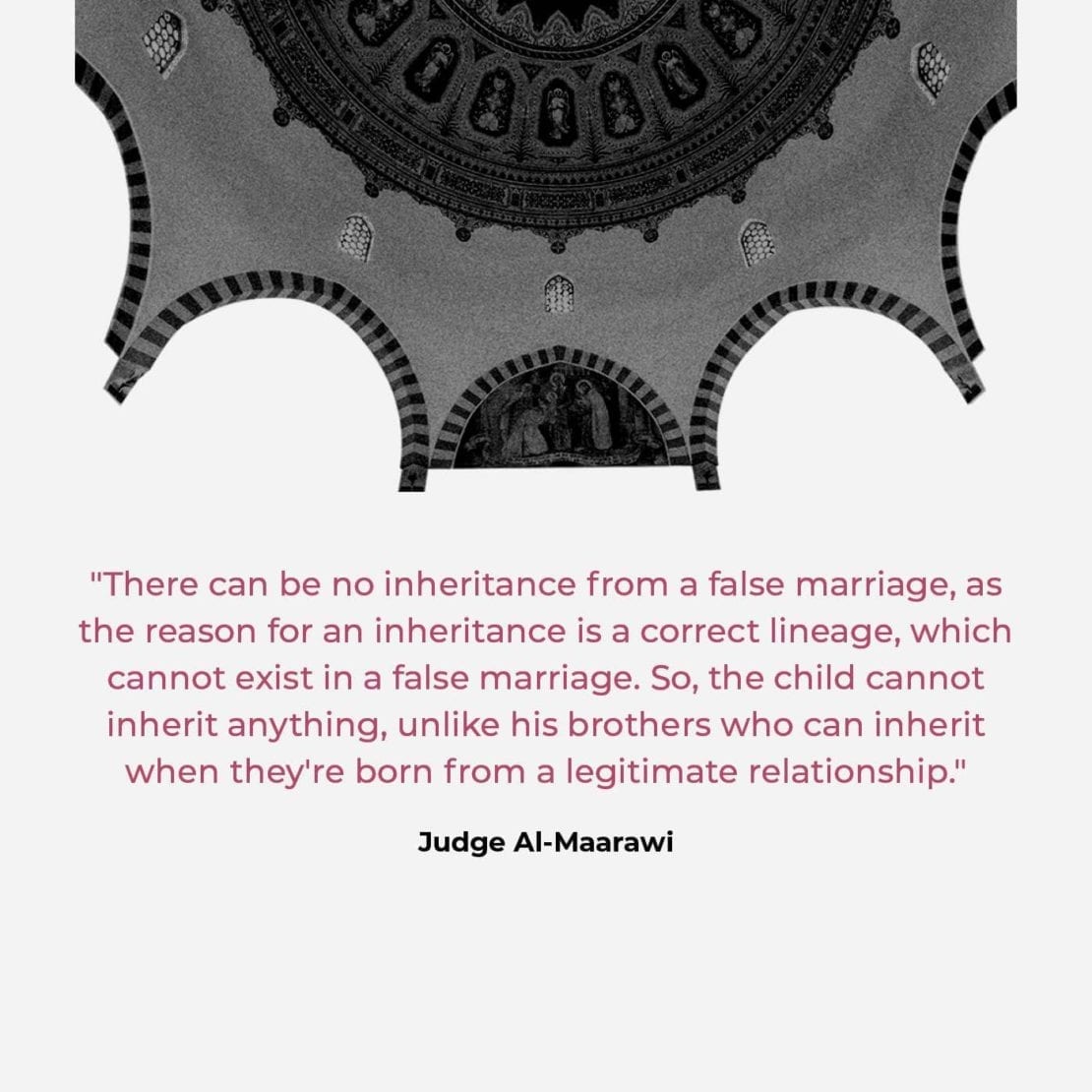
“Undercover”
After the completion of the marriage socially, the couple encounters a different kind of suffering, which is not receiving the identification paper, namely, the family register, marriage contract, and civil record (to get a record) which proves the family status and the like. Also, the availability of these documents differs between the cases which were documented by the report. Furthermore, the father and the mother shall be deemed single in the official documents unless the Christian father converted to Islam.
Consequently, some of them convert to Islam without any true belief in the religion just to claim their rights and their children’s.
What’s made the matter worse, is the long-term impact, from which the children of a Christian father and Muslim mother suffer, as the child is treated as an illegitimate son or “a child of sin.”
“An invalid marriage does not have any effect in terms of the marriage money and the rights of the wife,” according to the lawyer, Muhammad Samer Moayad.
One of the reporters visited the civil registry office in Damascus and claimed that he was a Christian, married to a Muslim woman, and wanted to register his daughter but did not want to convert to Islam.
He knew that he could register his child on the father’s record, lineage, and surname, without registering the marriage. the newborn will get the mother’s religion (Islam) and the name and surname will be mentioned after the parents submit an Affidavit in writing. The child will also get her identification papers, such as issuing the registry (family record) and later the personal ID without any indication of the fact that she was born out of wedlock.
Loss of Lineage!
For her part, Rahadah Abdush (a lawyer specialized in women and child cases) from Damascus confirms that a child born from the marriage of a Muslim woman to a Christian loses his lineage because he is registered on the lineage of his mother.
The law considers this child illegitimate and is treated as a child of unknown descent, so the paternity of the child goes to his mother and he inherits from her.
On the other hand, the child (unlike his brothers who may be born from another normally registered marriage) shall be deprived of his right of inheritance and lineage, due to his violation of the Personal Status Law, as the marriage of a Muslim woman to a non-Muslim is considered invalid, and therefore is not governed by the laws of marriage and their consequences.
Abdush believes that the law is incompatible with the basic human rights and co-existence, which are enshrined in the everyday life of the Syrian society, and the Syrian constitution that stipulates, in Article 33: “All citizens have equal rights and duties. There is no discrimination among them on the basis of gender, origin, language, religion, or creed,” However, Muslim women in Syria cannot get married to Christian men according to Article 48 of the Personal Status Law, while Christian women are allowed to get married to Muslim men.
Mahmoud Maarawi, the Sharia judge from Damascus, denied what has been mentioned above and considers that “There is no applicable law that contradicts the constitution.”
According to Abdush, a Muslim woman is entitled to inherit from her Muslim husband, while a Christian woman is not entitled to inherit from her Muslim husband. That is because non-Muslims are not allowed to inherit from Muslims, according to Article 264 of the Personal Status Law.
Also, Christian men are not entitled to inherit from their Muslim wives, due to difference of religions, according to Article 50 of the same law, which stipulates that “Invalid marriage does not result in any of the legal consequences of the valid marriage even if the first sexual intercourse happened.”
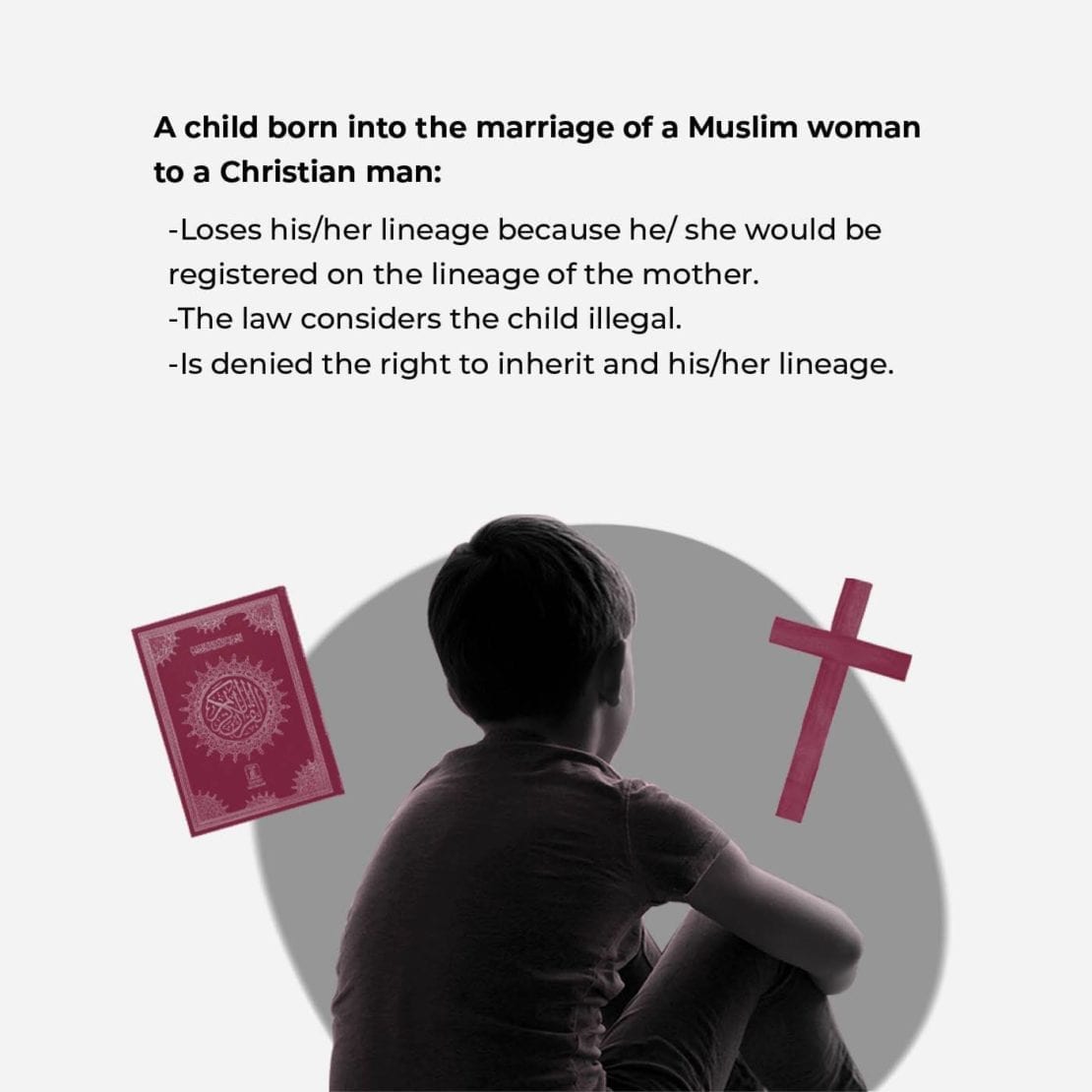
Lost Rights
“Imagine someone living and dying with no papers. How are you supposed to live when you have no identity, like a ghost, no one noticing your existence?” this is how Maha Mamo (a daughter of a Syrian Christian dad and a Syrian Muslim mom who currently lives in Brazil) described some of the lost rights experienced those children who result from the marriage of a Muslim woman and a Christian man.
“Can you imagine that my brother did not own any identity documents when he was alive except for the refugee death certificate which we obtained after he was killed in one of the Brazilian streets.”
Maha’s parents lived in Aleppo without getting married because their families refused their marriage. Thus, they escaped from Syrian to Lebanon in November 1985 and got married in a church. However, Syrian law does not acknowledge this marriage.
Maha was born on 29th February 1988 and was brought up with her brother and sister in Lebanon without any identity documents except for an identification document she obtained from the Mukhtar. Thus, she lost her most basic human rights.
Maha managed to take the high school exam after a phone call conducted between the principal of her school and the Minister of Education who gave her a paper authorizing her to take the exam. She passed it and got her baccalaureate degree with a score that qualifies her to join the Faculty of Medicine. Accordingly, Maha went to the Lebanese university with her certificate, but the registration official threw the papers away and shouted at her: “Get out of here, where is your passport and identity papers?” without even listening to her story.
The Lebanese universities refused to register her as a student except for one private university. Maha got her MBA degree. She corresponded with international embassies all over the world, looking for a country where she would be acknowledged, but all her attempts failed. Then, Brazil agreed to help her by considering her as a refugee daughter of a Syrian father and mother.
Maha said, in a phone call with the reporters from her current residence in Brazil, “My mom and dad are still singles according to the Syrian official papers, although they have passports and ID cards.”
Maha went to Brazil with travel documentation that was presented to her by the Brazilian embassy which authorized her to travel from Lebanon to Brazil. She did not own any personal documents and was not registered. In Brazil, according to Maha, there are no laws related to people with no nationalities and they are not even defined in any certain way.
The only way Maha tried to obtain legal papers there was by applying for asylum provided that her parents are from war-stricken Syria. After a year and a half, the Brazilian government hardly agreed to grant her refugee status, and that’s how she became entitled to work, obtained a number to pay taxes, and a refugee ID card, which enabled her and her siblings to live in Brazil for five years.
Alleged Conversion to Islam
Christians or non-Muslims who want to marry a Muslim woman inside Syria have no choice other than conversion to Islam so that their children’s rights will be guaranteed. This is what F. A (Christian young man from Reef Tartous) realized. F.A has loved his Muslim girlfriend since they were at school, but he had to pretend he converted to Islam in front of the Syariah Court of Latakia. Accordingly, he managed to document their marriage, while he continued to practice his Christian rituals.
Then, they conducted a canonical marriage in Aleppo in the presence of a Christian minister, and the wife was baptized according to the Christian rituals. F.A told the reporters: “The Syariah Court of Latakia and Tartous will not document the marriage without a civil registration extract that proves that I am Muslim. However, in Aleppo, they were flexible and accepted. So, I documented my marriage there, but I do not have a family book yet.”
The couple decided to have their first child two months after they were married, and they were not worried because they knew all the legal details.
The young man said: “Before I got married, I changed my accommodation in the papers from the Reef Tartous to Aleppo, and I was done with transferring the civil registry certificate before anything else. If I were still registered in Reef Tartous, my family would have known when I wanted to document my conversion to Islam, as it’s a tight-knit community. Also, the law prohibits transferring the civil registry certificate from a governorate to another, but greasing some palms helped me to do so.”
“I registered my child 6 months after his birth, and when he become in the ninth grade in school, I will have to document my conversion to Islam at the Personal Status Department,” added the young man.
The identity papers owned by F.A. and his wife are a court decision and a marriage document from the church, while the papers required for registering a child include a civil registration extract and a passport which are what the couple wants to obtain.
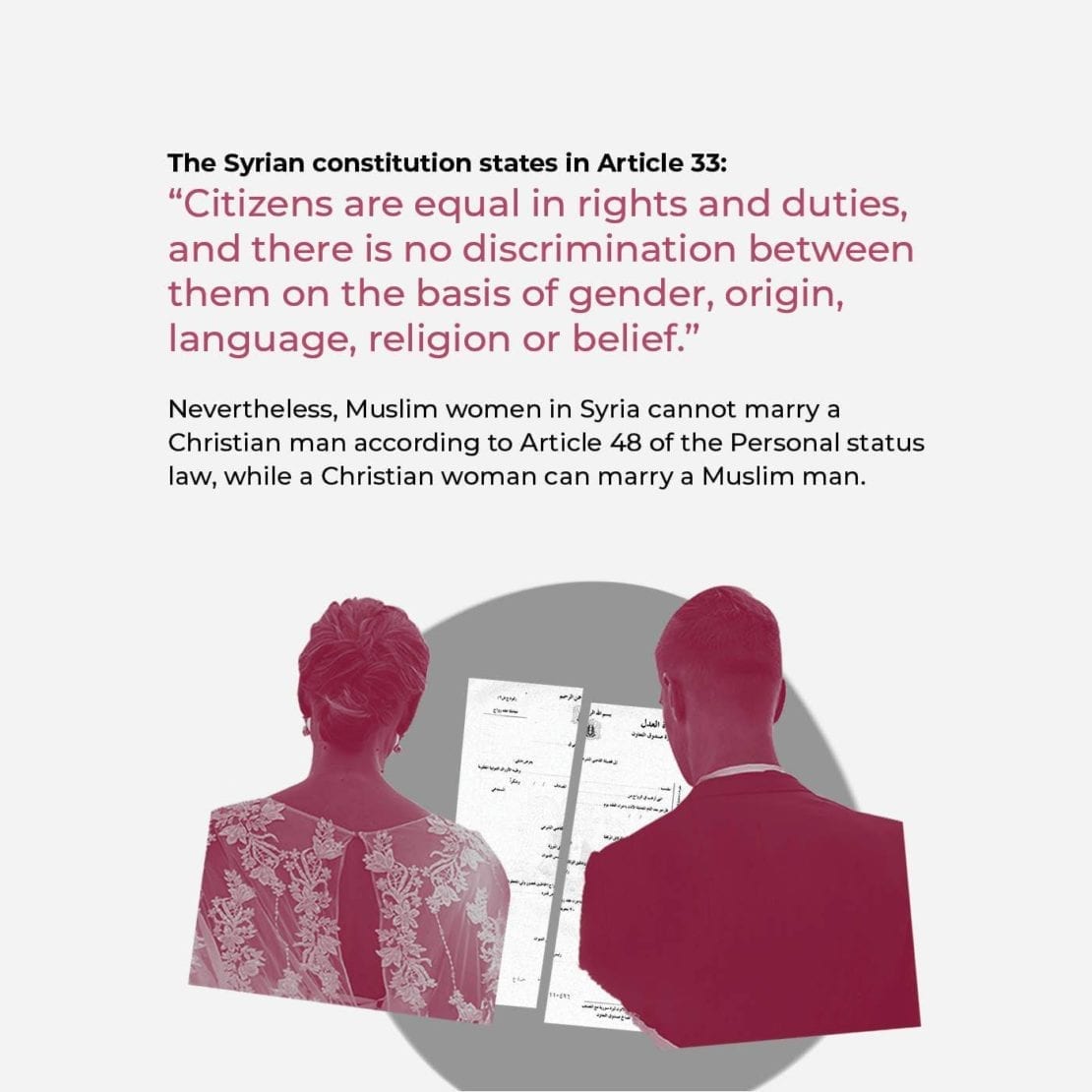
Single Mother!
Farah (47-year-old Muslim woman) got married in Aleppo 20 years ago by virtue of a marriage contract in the presence of witnesses with a defined advance and deferred marriage dowry, just the way marriage is conducted with legal contracts, but outside the court. The woman was hoping the canonical contract would contribute to documenting that marriage afterward.
When she got married, Farah refused to get married in one of the Syrian Sharia courts, so that her husband will not have to convert to Islam and change his name.
Farah postponed having her first child for five years, until 2003, fearing that the little girl would be unregistered, and for other personal reasons. “The maternal instinct was so overwhelming and I was ready to have children at all costs,” says Farah.
One year after her baby girl was born in 2004, Farah decided to register her in the Personal Status Department, as the registrar in the Civil Status Department in Aleppo told her that her daughter will be registered under her father’s name and religion, and requested that the daughter’s identity would be acknowledged.
Farah explained the registration process: “We fingerprinted the papers and the registrar wrote (Done with the consent of both parents) on the civil registry book.”
Farah resorted to the provisions of the “Child Rights” agreement signed by Syria in 1993, as she told the reporters. After a long search for a legal solution, she found this agreement to lean on.
Farah succeeded in issuing a family record for her daughter while she was in Syria, before leaving to Sweden for good. Beside the mother’s name registered in the document they wrote: Unmarried, and also beside the father’s name.
Today, Farah and her husband own a few official documents, such as a family record as well as non official documents like ecclesial marriage certificate, a civil marriage contract, and their daughter got an individual civil registration extract.
The family experienced difficulty in issuing a passport for the child, because “issuing a passport requires a national ID number. In that respect, the civil registry department cooperated with us, as they know our condition. After heavy correspondence between official departments in Damascus and Aleppo, we finally obtained our daughter’s national ID number and passport,” said Farah.
“Until now, we haven’t got a family book, while in Sweden we got one as soon as we arrived in the country, givern that we entered Sweden with a work visa,” she added.
Mahmoud Maarawi, the Shari judge from Damascus, insists on denying that there are applicable laws that contradict the constitution, in response to human rights activists who confirm that the Personal Status Law contradicts the constitution, which guarantees the freedom of belief.
He says: “A Christian man is free to marry a Christian woman, but in order to do so, he must embrace Islam. On the other hand, a Muslim woman cannot embrace Christianity to marry a Christian man, because this would be considered apostasy.
The Convention on The Rights of The Child Is Merely Ink on Paper
Syria signed the Convention on the Rights of the Child in 1993, yet it does not abide by all its articles as it has some reservations about some of them.
Article 7 of the convention stipulates that a child should be registered right after his birth, and has the right to have a name, nationality, and, whenever possible, know his parents and receive their care. Article 14 provides for the following: “States Parties shall respect the right of the child to freedom of thought, conscience and religion.”But the First Magistrate in Damascus Sharia Court, Mahmoud Maarawi, says that “Syria had reservations about some of the articles of the convention that contradict the Islamic Law, because they may lead to mixing lineages which is against the public order in Syria”.
Lawyer Abdoush thinks that the Syrian laws contradict the Convention on the Rights of the Child, especially Article 14 concerned with the right to choose religion, which stipulates that: “States Parties shall respect the right of the child to freedom of thought, conscience and religion.”
It also contradicts the Convention on the Elimination of All Forms of Discrimination Against Women, especially the second article, concerned with the woman’s right of choice and equality.
Converted Christians
Every year, a number of Christians convert to Islam in order to marry Muslim women, or for the purpose of registering their children.
Our reporters were not able to obtain the correct numbers, because the statistics include all the people who embraced Islam or changed their sects within Muslim or Christian sects.
It can be said that the percentage of Christians who embraced Islam may reach 45%, and the rest are people who have changed their sects, as the First Magistrate in Damascus Sharia Court, Mahmoud Maarawi told our reporters on July 16, 2019.
The total number of people who changed their religion or sect in Syria from 2009 to 2018 is 2,102, according to statistics obtained from the Sharia Court, but it did not determine whether converting to Islam was for the purpose of marriage or other reasons. Thus, the proportion of those who changed their religion with the intent of marriage could not be determined.
But lawyer Miar Amer from Sowaida, who prepared a scientific and legal paper entitled “Highlights on Civil Marriage”, which our reporter got a copy of, indicating that 90% and more of those who change their religion in different Sharia Courts in Syria do so for the purpose of marrying outside their religion or sect.
“There are 50 cases of civil marriages in each governorate per year, including marriages between Muslim and Christians and inter-sect marriages within the same faith,” his research concludes.
The lawyer says that this number includes those who file lawsuits before Civil Courts requesting the registration of their civil marriage, but in vain, because Civil Courts also require changing the doctrine.
Loss of Lineage and Inheritance
This marriage has a retroactive effect on children which deprives them of inheritance and descent. Judge Maarawi says, “the child resulting from a marriage between a Muslim woman and a Christian man (an invalid marriage) is attributed to his mother but not to his father, and thus is entitled to inherit from the mother and she is entitled to inherit from the child. The mother can also sue the husband to support her financially when she gets insolvent, if the husband is rich. The child is not entitled to inherit from his father because this requires lineage and lineage of adultery (marriage of a Muslim woman and a Christian man) is not recognized nor registered.”
“Invalid marriage does not result in inheritance. Inheritance is only valid in case of correct lineage. Lineage of invalid marriages will not be registered so the children will not inherit the same way as his siblings who resulted from a legitimate relationship.”
In this context, Rohada Abdoush, the lawyer, believes that these laws will only change by changing the constitutional articles that distinguish between citizens according to sex and religion. She called for separating religion from the supposedly secular state in order for those endless problems to be solved.
Lawyer Mohamed Samer Muayyad, believes that Articles 136 and 137 of the Civil Code of Legislative Decree No. 84 of 1949 confirm that every contract that contravenes public order is considered null and void.
The Islamic jurisprudence, according to the constitution (Article 3) is a major source of legislation, so the marriage of a Muslim woman and a Christian man is void, and is considered adultery, which does not have the effects of valid marriage, such as confirming lineage and other issues, so the child shall be attributed to his mother, adopts her last name and inherits from her, but is not attributed to the father.
Under these laws, the matter of obtaining full inheritance and lineage rights by children who result from marriage between Muslim women and Christian men remains a distant dream, according to activists specialized in this field.
In return, activists put forward the idea of protecting children’s rights through a marriage model which is documented, registered in the court, and based on the abolition of religious, doctrinal, and ethnic differences between the two parties of the marriage. According to them, the contract should not prohibit Muslims from marrying non-Muslims and vice versa. The contract is to be held according to the will of the two parties, the husband and wife, and in the presence of witnesses.
However, until this model gets discussed on the official level, or steps to move forward with legislation and parliament are taken, Farah, Samer and dozens of other cases, will remain single mothers and fathers, wives will be deprived from their rights, and children will live without documents or inheritance rights.
Sharia Court judge Mahmoud Maarawi says: “Children from illegitimate marriages are recognized, they are registered and have the right to education, adoption, running for office, and voting. They suffer no form of discrimination, just like any Syrian citizen, and they are not considered as second degree citizens. As for inheritance, it must not be in violation of the law, like in all countries in the world. What distinguishes Arab countries from other countries is lineage.”
This investigative report was carried out under the supervision of the Syrian investigative journalism network -SIRAJ, under the supervision of colleague Mohamed Bassiki.
